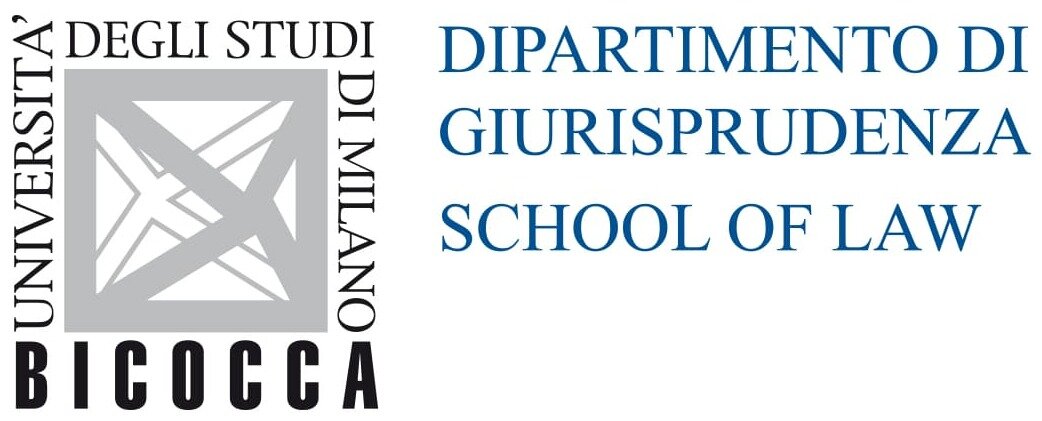Pandemics and habitat loss: what is the link?
di Riccardo CABRINI, Emiliano MORI e Fabio BOZZEDA
Pubblicato nel n. 2\2020
Lo scritto è stato sottoposto, in forma anonima a blind peer review
Abstract. Il nostro pianeta ospita una vasta diversità biologica in grado di creare ecosistemi complessi che comprendono individui, popolazioni e strette relazioni. Anche se la diversità biologica evolve su lunghi periodi, è certo che le pressioni antropiche hanno effetti nel breve periodo. Gli effetti sono quantificabili sulla distribuzione e numero di specie viventi e sulla stabilità degli ecosistemi. Un elevato numero di lavori scientifici correla l’insorgenza di pandemie con la perdita di habitat e la distruzione degli ecosistemi da parte dell’uomo. La pressione umana sul nostro pianeta sta conducendo gradualmente a un degrado ambientale senza precedenti, a cui si associano cambiamenti climatici e disuguaglianze sociali. Il crescente inquinamento, la deforestazione, l’urbanizzazione e le emissioni di gas serra hanno messo a dura prova la resilienza del nostro pianeta. Molti studi hanno già dimostrato che l’attuale pandemia COVID-19 sia attribuibile al cosiddetto salto di specie o spillover, ossia il passaggio di un virus da una specie animale all’uomo, alla concomitante capacità del virus di replicarsi all’interno del nuovo ospite ed infine alla capacità del virus di passare da un nuovo ospite all’altro. E’ nostra opinione e di numerosi altri scienziati che sia necessario considerare lo stato degli habitat e la loro biodiversità come fattori che condizionano la probabilità di avere uno spillover. Possiamo affermare in linea generale che per abbassare la probabilità di avere uno spillover è auspicabile condurre politiche di conservazione degli habitat e di mantenimento della biodiversità locale.
Abstract. Our planet hosts a vast biological diversity capable of creating complex ecosystems, including individuals, populations and close relationships. Although biological diversity evolves over long periods, it is certain that anthropogenic pressures have effects in the short term. The effects are quantifiable on the distribution and abundance of living species and on the ecosystem stability. A large number of scientific works correlates pandemic onsets with the habitat loss and the destruction of ecosystems by humans. Human pressure on our planet is gradually leading to environmental degradation, associated with climate change and social inequalities. Increasing pollution, deforestation, urbanization and greenhouse gas emissions have severely tested the resilience of our planet. Many studies have already shown that the current COVID-19 pandemic is attributable to the spillover, that is the passage of a virus from one species to another, to the concomitant ability of the virus to replicate within the new host, and finally to the ability of the virus to pass from one new host to another. It is our opinion and of many other scientists that it is necessary to consider the habitat states and their biodiversity as factors that influence the probability of having a spillover. We can generally say that in order to lower the probability of having a spillover it is desirable to conduct policies for habitat conservation and the maintenance of local biodiversity
Parole chiave: spillover, pandemia, biodiversità, habitat, inquinamento, cambiamento climatico, pressione antropica, perdita di habitat
Key words: spillover, pandemic, biodiversity, habitat, pollution, climate change, anthropogenic pressure, habitat loss



